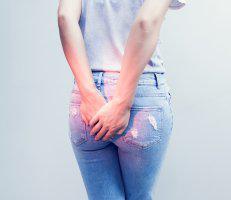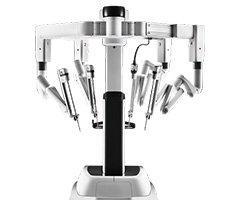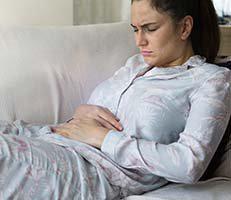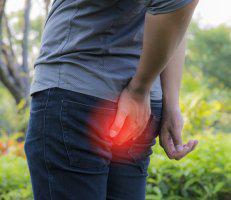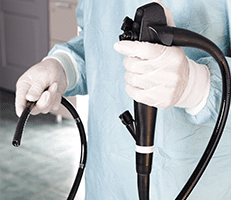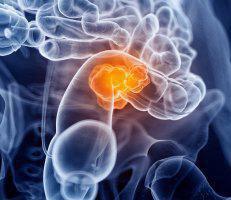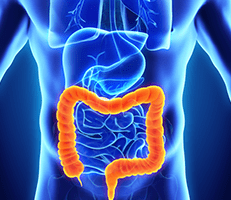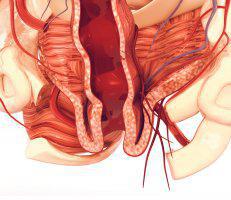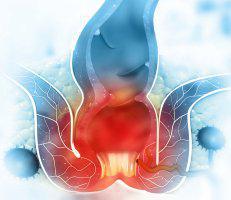Fecal Incontinence Specialist

Yosef Y Nasseri, MD
Minimally Invasive and Robotic Colorectal Surgeon & Robotic Surgeon located in Los Angeles, CA
Fecal Incontinence Q & A
What is fecal incontinence?
Fecal incontinence, also called bowel incontinence, is a condition that causes you to have difficulty holding in your stool. If you have a mild version, you might notice that a bit of feces comes out when you pass gas. In more severe cases, the condition can cause you to empty your bowels completely with little or no warning.
People with normal continence, or ability to hold in their stool, have the physical capabilities to know when it’s time to take a trip to the bathroom. If you have the symptoms of fecal incontinence, Dr. Nasseri may perform tests to make sure that your nerves and muscles in your rectum are working normally.
What causes fecal incontinence?
There are several possible causes of fecal incontinence. Your fecal incontinence might have more than one cause, and Dr. Nasseri can help you find out what it is. Here are some common causes of fecal incontinence:
- Muscle or nerve damage from surgery
- Muscle or nerve damage from childbirth
- Rectal prolapse
- Diarrhea
- Chronic constipation
- Hemorrhoids
Fecal incontinence is especially common in people 65 or older because the muscles in your bowels get weaker with time. If you’ve had a treatment like radiation that causes your muscles to stiffen, you might also be at a higher risk of developing fecal incontinence.
What are my treatment options for fecal incontinence?
Dr. Nasseri provides the most effective and up-to-date treatments for fecal incontinence. Your treatment plan might include:
Medications
Dr. Nasseri selects your medication based on what’s causing your fecal incontinence. Laxatives can treat constipation-related fecal incontinence, and antidiarrheal drugs can treat diarrhea-related incontinence.
Changes to your diet
Dr. Nasseri evaluates your diet to find out which foods might be making your condition worse. He might advise you to eat more fiber or cut out fatty, greasy snacks.
Biofeedback
Biofeedback is an exercise therapy used to strengthen the muscles in your bowels. During biofeedback, Dr. Nasseri uses a pressure-sensitive probe to measure the strength of your sphincter.
Sacral nerve stimulator
Dr. Nasseri is a top implanter of devices called sacral nerve stimulators. The device stimulates your sacral nerves, which go from your spinal cord to your pelvic muscles. Electrical pulses from the sacral nerve stimulator encourage your pelvic muscles to become stronger and more controllable.
If you can’t make it to the bathroom in time, don’t feel embarrassed about finding help. Call Yosef Nasseri, MD, or request an appointment for treatment today.

